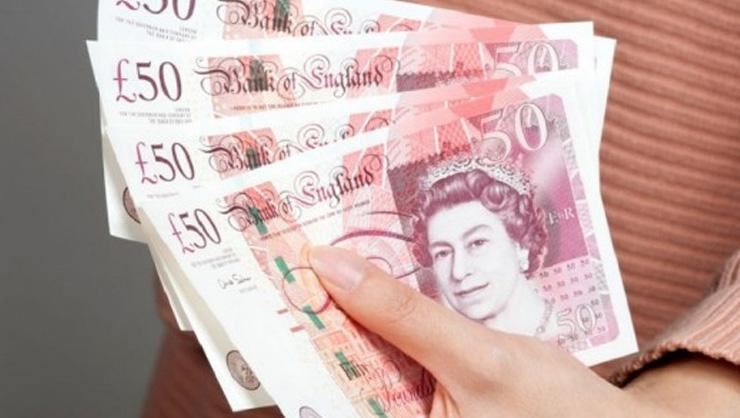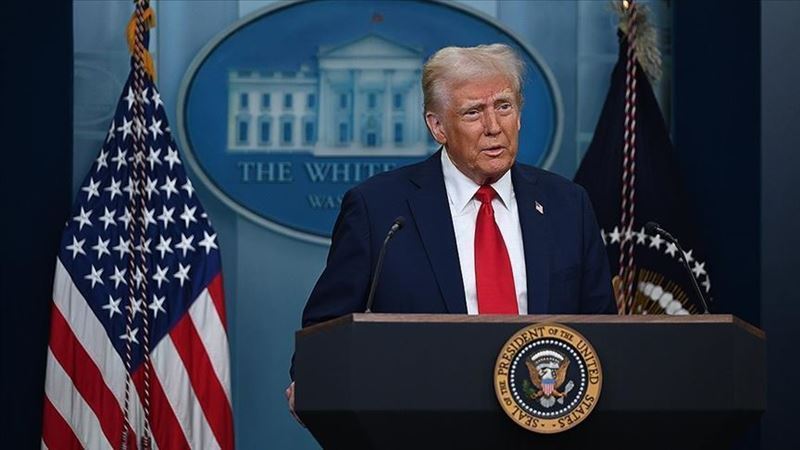Global dollar demand continued to strengthen after central banks aggressively increased interest rates last week and signaled that the high interest rate environment would continue for a while. While this situation caused the selling pressures in other countries' currencies and commodity markets to deepen, the price of Brent oil per barrel fell to the lowest level in 8 months with $ 82.5 yesterday. The ounce price of gold also saw the level of $ 1,621 for the first time since April 2020.
While the expectations for recession increased with the decrease in confidence in the economies, yesterday the OECD lowered its growth forecast for the global economy from 2.8 percent to 2.2 percent for the next year. The organization also lowered its growth forecasts for the Chinese economy by 1.2 points for 2022 and 2023, respectively, to 3.2 percent and 4.7 percent. Following the OECD, the World Bank revised its forecasts for China's economic growth downwards.
Bond yield hits highest level in UK
In addition to these developments, the historical depreciation of the British pound following the latest tax cut plan announced by the government in England triggered the decline of other countries' currencies against the dollar. While the outflows in the bond market accelerated, the 10-year bond interest rate increased from October 2008 with 4.28 percent in the UK, from December 2011 with 2.13 percent in Germany to October 2013 with 4.56 percent in Italy. It's the highest level since .
With these developments, the selling trend continued in the New York stock market yesterday, and the Dow Jones index fell by 1.11 percent, the S&P 500 index by 1.03 percent and the Nasdaq index by 0.60 percent. The dollar index stabilized at 113.7 today after hitting 114.5 yesterday, the highest level since May 2002. The US 10-year bond yield, on the other hand, retreated from 3.93 percent, the highest level it has seen since April 2010, to 3.88 percent.
On the European side, the sterling/dollar parity fell to an all-time low of 1.0348 yesterday, following the announcement that the British government will implement a tax cut that will total £45 billion. With the expectations that the tax cut implementation would increase inflationary pressures, pricing began in the money markets that the Bank of England (BoE) would meet urgently and increase the interest rates by 200 basis points until November.
While the BoE made a statement in the face of these developments, it was stated that the Bank will make a full assessment of the impact of the government's statements on demand and inflation and the decline in the pound at its next scheduled meeting and act accordingly. "In line with its mandate, the Monetary Policy Committee will not hesitate to adjust interest rates as necessary to return inflation to the 2 percent target in a sustainable manner over the medium term," the statement said. expression was used.











Comments
No comment yet.